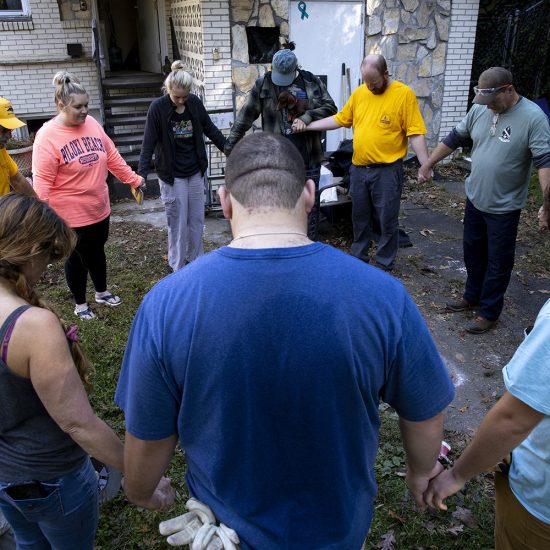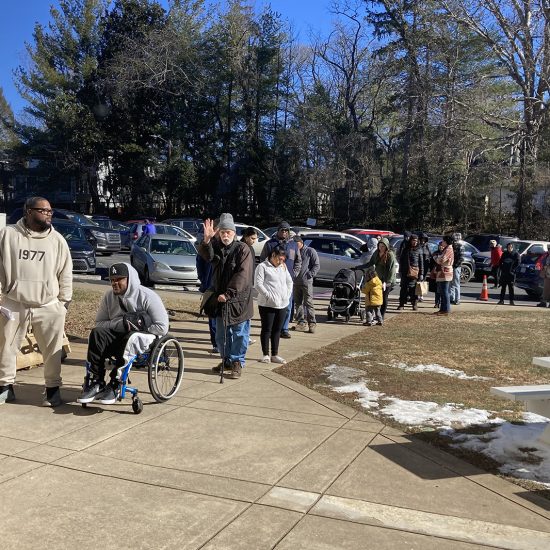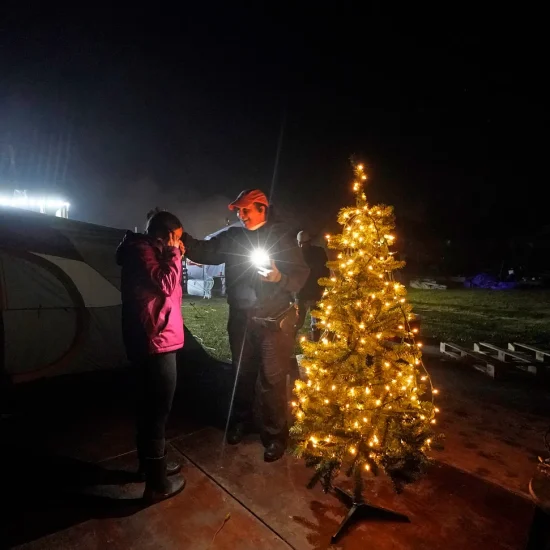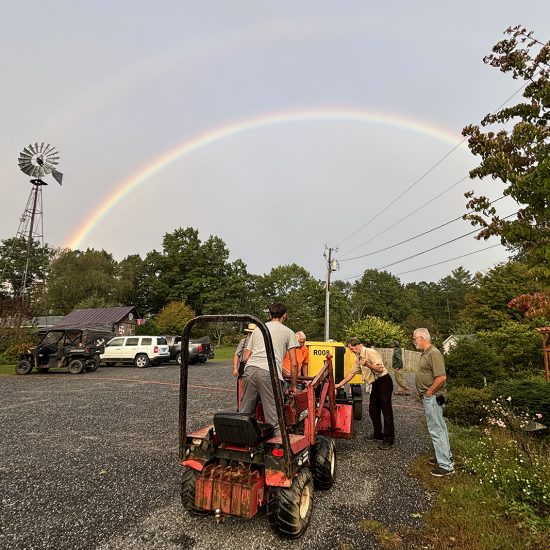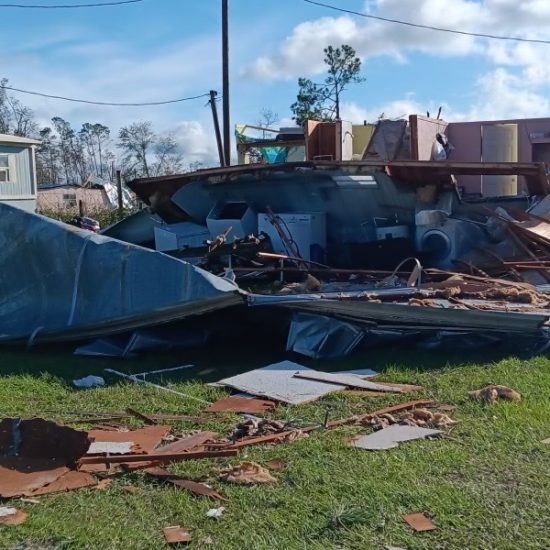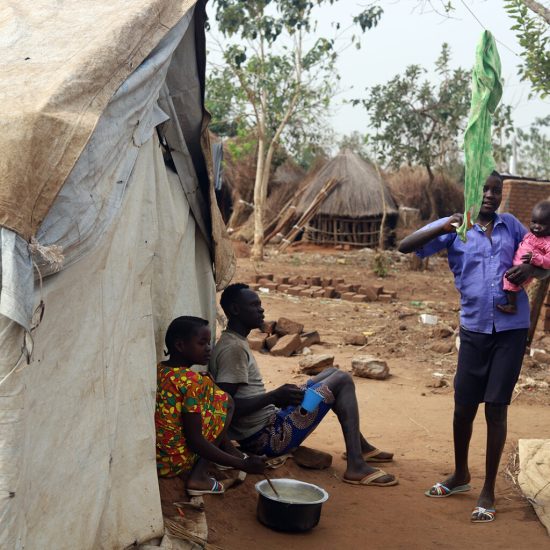An increasing number of Baptists engaged in disaster relief monitored weather reports coming out of the Charleston, S.C., area early in October. They stood ready for requests to respond to the devastating flooding that wreaked havoc on the area.
Some have already been responding in ways appropriate for the early going, and others will likely have opportunities as communities and neighborhoods continue to see floodwaters recede and as breached dams are repaired.
Charleston specifically and South Carolina generally have high concentrations of Baptists, of course.
This means that Baptist aid began early. It came from local Baptists and their churches reaching out to their neighbors and their neighborhoods at the outset as families were being evacuated from their homes for safety. Churches from adjacent communities lent their support to the effort.
Predictably, the North American Mission Board’s disaster relief network mobilized and had various state relief operations at the ready. Other Baptist groups have done the same thing, and various religious bodies have responded with financial aid to help the hurting.
Television news coverage of the tragedy in South Carolina has underscored not only the damage and loss of property in the flood-stricken area but the loss of the lives of people caught off guard by the sudden onslaught of water and more water over a period of several days.
It is heartening to see humankind — of whatever stripe — reach out and respond quickly and appropriately to human need, especially the need of strangers. The Christian community tends to be at the forefront of such efforts. Perhaps in some ways, that is to be expected as local and national news outlets focus upon stories of tragedy and difficulty like this one.
But churches, denominations and even governments seem to be regaining a focus and developing strategies to address ongoing human needs like poverty, hunger, human trafficking and other ills in American and around the world. These tend to be under-reported. Tragically, they are out of sight and out of mind.
Responding with compassion is what the people of God tend to do when they get on the same page as their namesake and Lord, Jesus Christ. Responding to the latest headlines is one way, but navigating day-to-day life with blinders off can aid believers in discovering at-risk people and offering not only short-term but ongoing assistance in ways that meet immediate needs but slowly and surely can eliminate the sources of these ills.
Bill Webb is editor of Word & Way.

